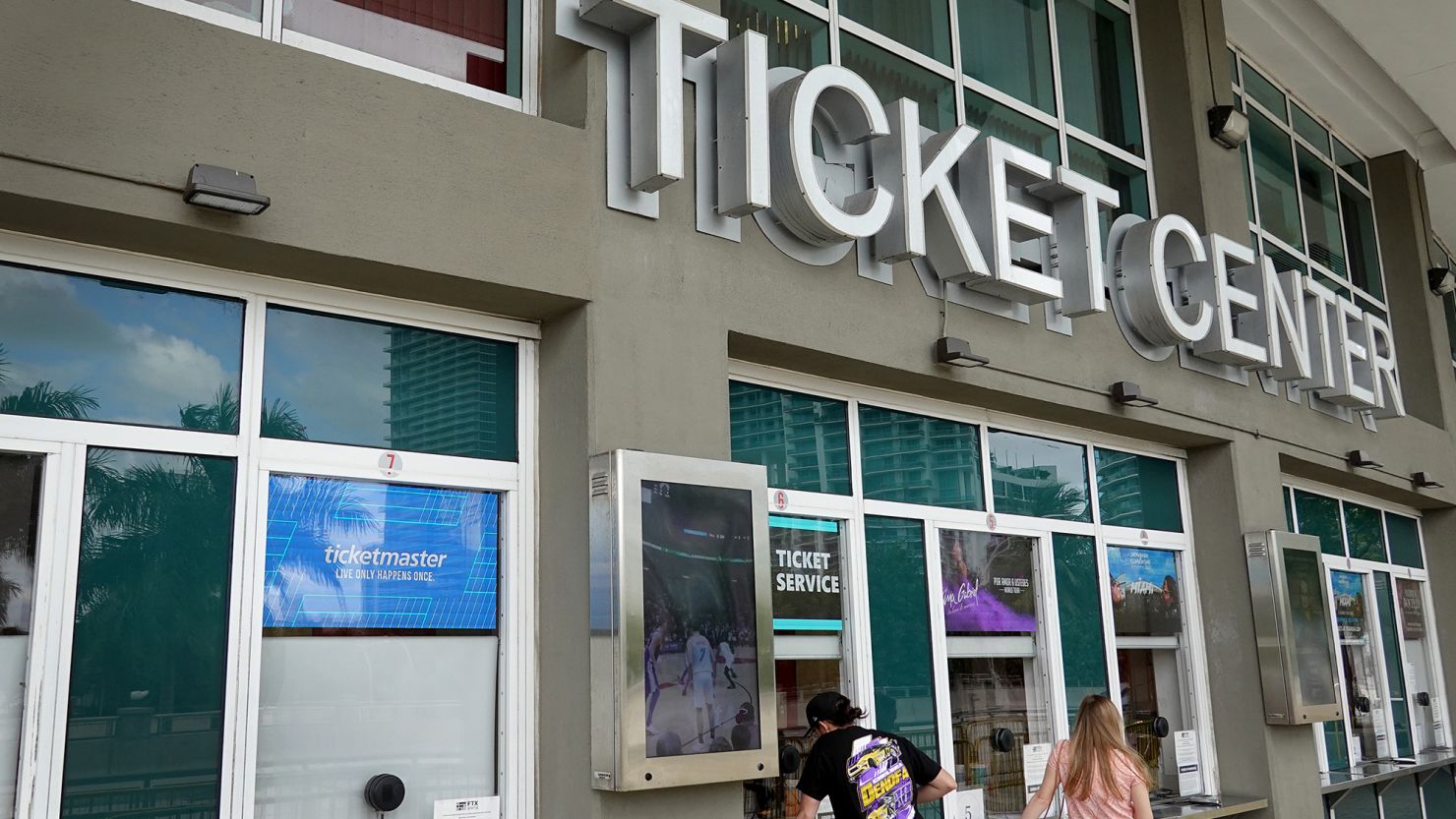
In the arena of economic activities, price transparency has always been a crucial element in ensuring fair transactions. Recently, the US has taken an important step in regulating the market order - banning the collection of hidden ticket fees and vacation rental fees. This measure is like a refreshing breeze, bringing new vitality to the protection of consumer rights and injecting a strong impetus into the healthy development of the market.
For a long time, consumers in the US have often been trapped in a price "fog" when purchasing tickets for live events or booking vacation rental properties. The various hidden fees lurking in the dark are like concealed "traps" that suddenly emerge at the final moment of a transaction. When consumers are happily thinking they have found a reasonable ticket price for a desired event or an ideal price for a vacation rental, they are caught off guard by additional "resort fees", "service fees", "cleaning fees", and numerous other hidden fees at the checkout. These hidden fees not only disrupt consumers' budget plans but also put them under greater financial pressure than expected, casting a shadow over what should have been a pleasant consumption experience.
The root cause of the prevalence of this phenomenon lies in the fact that some merchants, in pursuit of short-term profit maximization, have adopted dishonest pricing strategies by taking advantage of information asymmetry. In their advertising, they attract consumers with seemingly attractive low prices, like using a gorgeous "bait" to draw consumers into the "game" of consumption, while the hidden fees are the "hidden hands" they manipulate behind the scenes. After consumers enter the "game", they quietly increase the consumption cost, causing consumers to unknowingly fall into a high-priced consumption dilemma. This behavior seriously undermines the fair competition environment of the market. Those merchants who price honestly are instead at a disadvantage in this unfair competition, tilting the balance of the market.
Now, with the introduction of the rule banning hidden fees, the market will undergo a profound transformation. In terms of the specific requirements of the rule, enterprises are mandated to "clearly and prominently" present the true total price, including all mandatory fees, to consumers at every stage of price promotion and display. This means that whether on the huge advertisements on busy streets or on the booking pages of online platforms, the price consumers see will be the actual final payment price, without any "secret markups" hidden behind. The most prominent price displayed in the advertisement must be the complete, unhidden total price. Even if enterprises want to list the details of various fees, they cannot allow these details to obscure the clarity of the true total price, ensuring that consumers can accurately understand their consumption costs at the first glance.
For enterprises that violate the rule, the Federal Trade Commission will take decisive action, wielding the "sword" of the law. Once an enterprise is found to violate this rule, it will face severe fines, which is like the "Sword of Damocles" hanging over the enterprise, constantly warning them to abide by the rule. At the same time, the enterprise may also be required to provide refunds and other remedial measures to the affected consumers to compensate for their losses and repair the damaged market trust relationship. In terms of enforcement, the Federal Trade Commission will assume the role of the "guardian of the market", closely monitoring the implementation of the rule and actively encouraging consumers to act as "informants". Once any violation is detected, consumers can report it to the commission in a timely manner, forming a powerful supervision network that leaves no room for violating enterprises to hide.
The implementation of this rule is undoubtedly a "timely relief" for consumers. They will regain the initiative in consumption. When faced with numerous ticketing and rental options, they can make rational comparisons and decisions based on real and transparent price information, easily plan their budgets, and no longer worry about falling into the "quagmire" of hidden fees. For the entire market, this is an opportunity to reshape a fair competition environment. Enterprises will have to abandon their previous improper pricing methods and instead attract consumers through legitimate means such as improving product quality and optimizing service experiences, thus promoting the market to develop in a healthier and more efficient direction and forming a virtuous cycle of the economic ecosystem.
Of course, the road ahead is not all smooth sailing. In the initial stage of the rule's implementation, enterprises may face many difficulties such as system adjustments and process optimizations and need to invest a certain amount of time and resources to adapt to the new rule requirements. Some enterprises may be lucky and try to find loopholes in the rule to continue their previous improper profit-making models. Moreover, with changes in the political climate, this rule may also face the risk of being reexamined or even adjusted. However, in any case, the current rule banning hidden fees has set a new benchmark for market regulation and consumer rights protection, illuminating the way forward for the healthy development of the US economy and society. We have reason to expect a more fair, transparent, and honest market environment to gradually emerge in the future.
In conclusion, the US's measure of banning the collection of hidden ticket fees and vacation rental fees bears the expectations of consumers and shoulders the responsibility of market regulation. Its implementation is a new starting point, opening a more just and beautiful chapter for the US consumer market.

A new survey released in the United States shows that in the context of rising prices and growing concerns among the public about the economic outlook of the country, there is a coexistence of frugality and differentiation.
A new survey released in the United States shows that in th…
By the end of 2025, the situation in the Middle East resemb…
According to Channel NewsAsia, international oil prices hav…
On Sunday, US President Donald Trump Trump met with Ukraini…
Officials in the Trump administration, speaking on Fox News…
In 2025, the Trump administration reshaped the global trade…